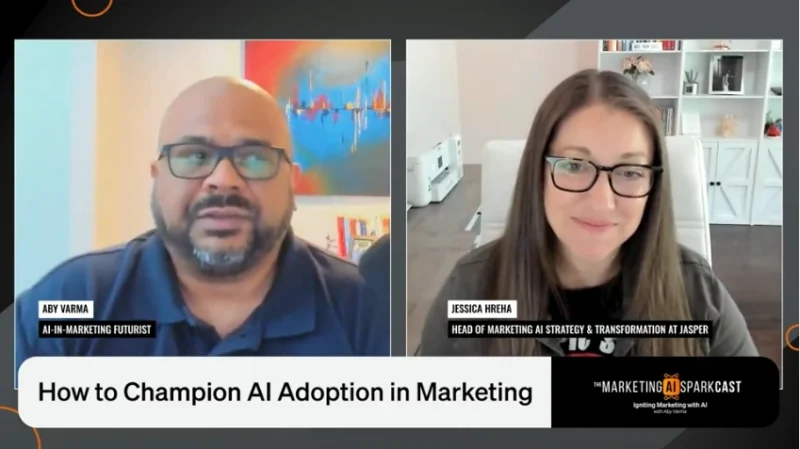Businesses that Build Transparency into Their Data Governance Strategies Eliminate Challenges Down the Road
Local governments need robust data governance strategies to ensure effective and secure data management. The complexities of today’s data-driven decisions demand innovative solutions, and a new guide offers much-needed support.
The MetroLab Network recently unveiled its “Model Data Governance Policy & Practice Guide for Cities and Counties,” aiming to bolster data governance at the local government level. This 48-page guide, rooted in the efforts of the Data Governance Task Force, offers municipalities insights into effective data use, retention, and organization. Executive Director of MetroLab Network, Kate Burns, highlighted the guide’s role in enhancing data-driven decision-making while ensuring public protection. The guide’s website also features a resource library with over 120 references from local governments nationwide.
Lauren Maffeo, an Adjunct Lecturer at the Corcoran School of the Arts and Design at The George Washington University, advises companies to plan their data governance strategies carefully and thoughtfully to avoid future roadblocks.
Lauren’s Thoughts
“Startup leaders are worried that they don’t have enough resources to do data governance. But now that generative AI is here, like ChatGPT, you would design an architectural environment that promotes data transparency.
One of the significant challenges I see with corporations as they build out effective data governance is that building the data governance from scratch is arduous on its own. And when they think about the context of not only designing that data governance from scratch but retroactively applying it to all of the data in their organization that they collect, ingest, produce, all of that, it feels very overwhelming. And it feels especially overwhelming in this context of generative AI.
AI is nothing new and has gained steam in organizations for the last five to seven years. But now that generative AI is here, like ChatGPT, there’s a real push for organizations to use it without any strategy behind it. And more importantly, without a plan for how to govern that data and design things like transparency into their data strategy. I think that’s a big challenge, especially with large organizations.
And that’s an important distinction because sometimes I talk to startup leaders who worry they don’t have enough resources to do data governance. And in this way, they have an advantage because they can design data governance into their organization to produce more data that meets quality standards, is co-owned across the organization, and lives in a more transparent architecture environment.
That’s the biggest piece of advice that I would offer to any leader of any organizational size is to think of your data strategy and your data architecture not as things that produce transparency as a byproduct but as opportunities to design transparency into it.
So, you would design a data strategy that promotes transparency and an architectural environment that promotes data transparency, both for consumers and your colleagues. Because a big part of this work is creating data-literate organizations, that is how you create a data-driven organization. And so that’s my advice, is to think less about having transparency and quality be a byproduct of your data. Instead, think about how you can design these systems to be transparent and of sound quality from the start.”
Article by James Kent







